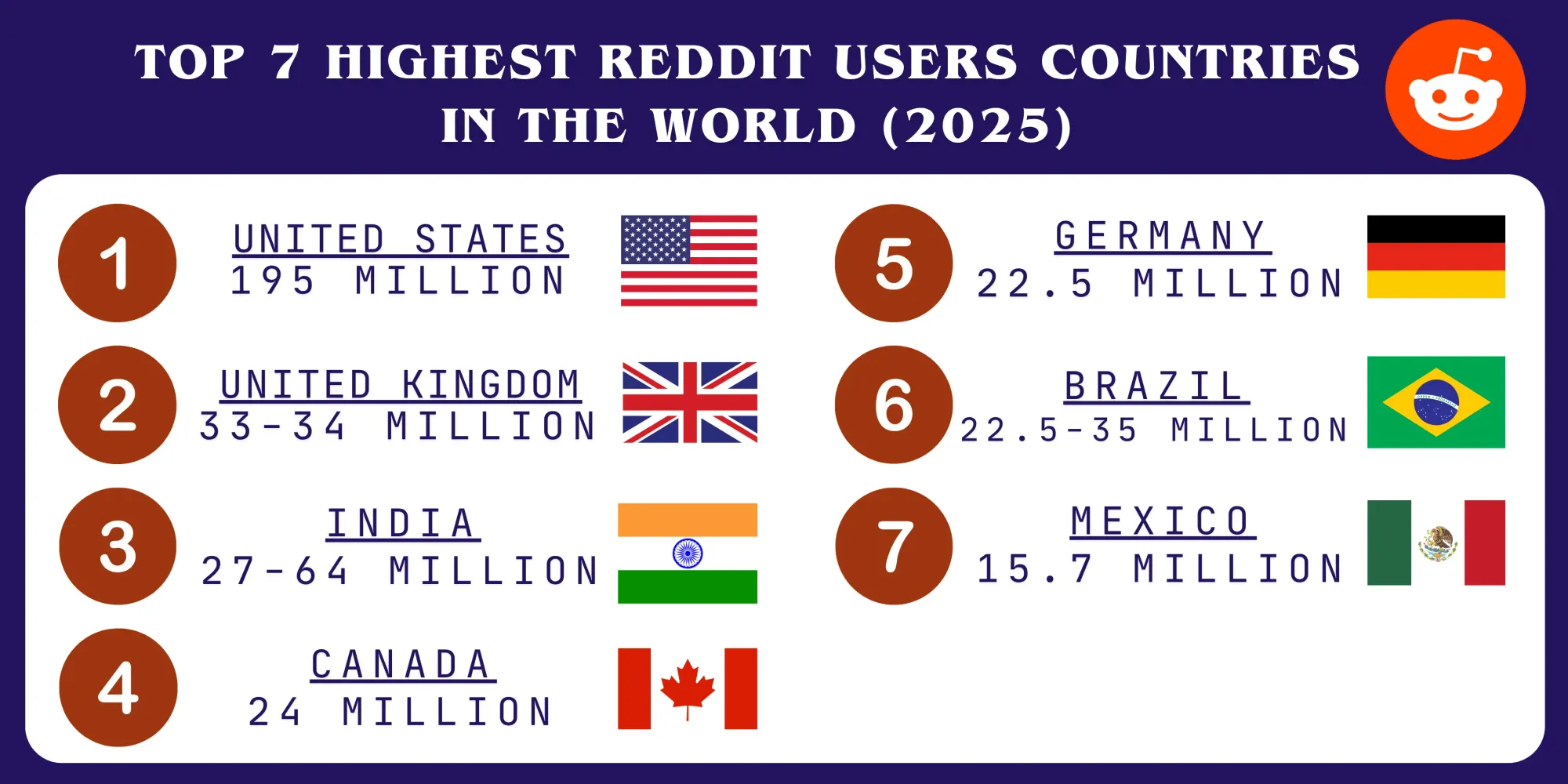Have you ever thought of working at a dream destination, enjoying Bali beach vibes, or a cozy café in Europe? Yes, if you’re a digital nomad, you can of course enjoy the liberty of working remotely. A digital nomad is an individual who works from anywhere across the globe. The lifestyle of a digital nomad includes complete freedom and adventure, but it also has some challenges to overcome.
If you’re ready to choose this work style, you’ll have to understand the process of digital nomad visas, managing the finances, and destinations that are most appropriate for remote work. In this article, you will get an ultimate guide to becoming a digital nomad.
What is a Digital Nomad?
A digital nomad is an individual who works while staying at different locations, staying in touch using the internet as a means of communication. Rather than following a usual work culture of getting to the office regularly, you might opt to work from a co-working space, a café, or maybe a beachside villa.
Merits of working as a digital nomad:
- Set your work routine and be free to work in a different environment.
- Exploring different countries while earning money.
- Be closer to your loved ones and save precious time.
De-merits of Digital Nomad Lifestyle
- Freelancers and remote workers may have an uncertain earning pattern.
- It is a tough task to manage clients and tech teams across different time zones.
- Staying away from the clients can make it tougher to create a long-term bond.
Digital Nomad Visa
A digital nomad visa allows individuals to stay and work remotely in a foreign country for an extended period. It is specially crafted for remote workers, freelancers, and business people who are willing to carry out their work online and are not bound to work from any particular location. The digital nomad visa allows legal stay for a particular period, which varies from around 6 months to 2 years, depending on the country of travel. There are specific requirements of different countries providing a digital nomad visa.
Important Requirements for Digital Nomad Visa:
- Remote work Qualification- The applicants have to establish enough proof of their remote work for a firm or clients staying outside the host country.
- Income Proof- Some countries may even demand a minimum monthly income proof to ensure that the applicant can survive in the host country.
- Health Insurance- It is mandatory to provide medical health insurance covered for the entire stay period.
- Application workflow- The application involves a simple process of providing required valid documents like employment proof, minimum income, and a no-criminal-record.
- Financial liabilities- It is important to go through the tax rules that will be levied on their native country and the host country.
Merits of Digital Nomad Visa:
- Legal Resident- Avails a digital nomad to reside legally in the country while working remotely.
- Explore different cultures- No need to hassle with frequent visa renewals while experiencing different cultures in a new country.
- Community building opportunities- Develop relations with other digital nomads and technical experts.
- Living Cost- Certain countries will be less costly compared to other Western countries.
Complexities of Digital Nomad Visa:
- Tax regulation challenges- Managing tax liabilities in different countries can be tricky and frustrating.
- Visa Renewal- Some countries do not offer visa renewal and may insist that you leave the country after visa expiry.
- Cultural Adaptation- Getting adapted to a different culture and language every time may be tough.
As of 2025, several countries have evolved digital nomad visas to attract freelancers. Let us explore programs in Japan, Italy, Spain, and Thailand.
Japan Digital Nomad Visa
Japan initiated providing a digital nomad visa on 31st March 2024. If you are willing to work as a digital nomad in Japan, you’ve to reside in Japan for around 6 months for your remote work offering services to clients or firms outside Japan. You’re not allowed to work with Japanese companies during that period. The visa cannot be extended more than 6 months, and you’re bound to submit an annual income proof of a minimum of ¥10,000,000, and also submit a valid health insurance for the stay period. The residents of visa-exempt countries can also apply.
Italy Digital Nomad Visa
Italy digital nomad visa, implemented in 2024, provides an opportunity for non-EU freelancers to reside and offer their remote work services for one year. There is no possibility of extension after a one-year visa expiry. The visa policy is beneficial for freelancers as well as foreign companies’ employees. You’re entitled to demonstrate a minimum monthly income of €3,000, proof of a secured stay, and health insurance for the entire stay duration. The application process is a simple one involving submitting the required documents to the Italian consulate in your native country.
Spain Digital Nomad Visa
Spain digital nomad visa policy has been regulated since 2023, allowing remote workers to reside in Spain for one year initially, with an added option to renew the work visa for up to 5 years. You’re required to provide proof of an income of a minimum of €2,400 per month, and a valid health insurance during the stay. The visa also allows you to travel freely without any restrictions within Schengen countries. After completing 5 years of stay in Spain with a digital nomad visa, you can further apply for permanent residency.
Thailand Digital Nomad Visa
Thailand Digital Nomad Visa is a long-term visa that allows freelancers and remote workers to reside in Thailand and work for their clients outside of Thailand. You’re required to showcase a stable income proof of 40-80k Thai Baht that may vary as per visa type. The visa is for one year and can be renewed upon request. The process is very simple and can be completed at a Thai embassy in your native country. An added advantage of working in Thailand is that revenue generated while working for foreign clients is not taxable within Thailand. However, if you reside for more than 180 days in a calendar year, then you’re entitled to follow Thailand tax rules.













